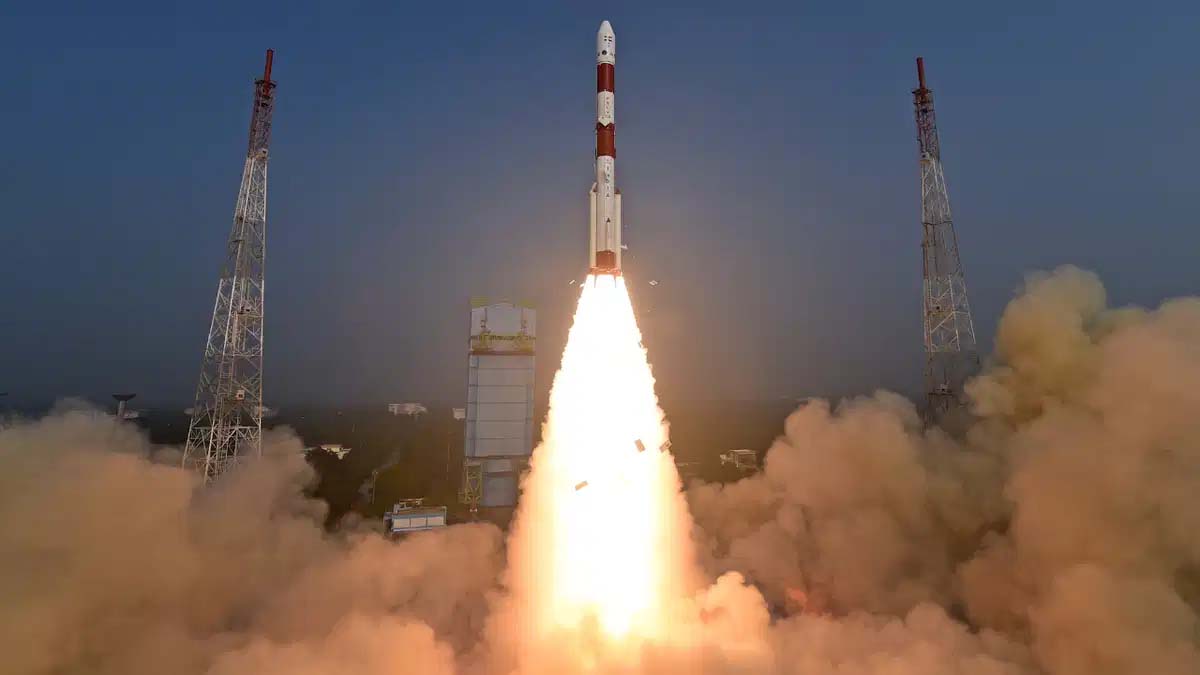In the heart of New Delhi, a governmental decision of significant import transpired on Wednesday. The intricacies of Foreign Direct Investment (FDI) norms in the space sector underwent a noteworthy relaxation. This shift welcomed a paradigm where 100 percent overseas investment is now permissible for the production of satellite components. The strategic intent behind this move is to entice foreign entities and private enterprises to actively participate in this segment.
The verdict emanated from the Cabinet meeting, skillfully chaired by Prime Minister Narendra Modi. A detailed breakdown reveals the satellite sub-sector’s categorization into three distinct activities, each delineated with specified thresholds for foreign investment. The nuanced alterations signify a departure from the existing policy paradigm, where FDI in the space sector was exclusively permitted up to 100 percent, but exclusively through the government route, limited to satellite establishment and operations.
The recalibration introduced by the government now greenlights up to 74 percent FDI autonomously in satellites’ manufacturing and operations, satellite data products, as well as the ground and user segments. Venturing beyond this threshold mandates government approval for FDI in these domains, as articulated in the official statement.
A different set of parameters unfolds for launch vehicles and their associated systems or subsystems. FDI is sanctioned up to 49 percent via the automatic route for these endeavors, including the creation of spaceports dedicated to spacecraft launch and reception. Surpassing this 49 percent threshold necessitates government approval for FDI in these specific activities.
The ambit of liberalization extends further, permitting 100 percent overseas investments under the automatic route. This specifically pertains to the manufacturing of components and systems/sub-systems catering to satellites, ground installations, and user segments. The overarching objective is to bolster private sector involvement, fostering employment, facilitating the assimilation of cutting-edge technology, and fortifying the sector’s self-sufficiency. A ripple effect is anticipated, seamlessly integrating Indian companies into the intricate tapestry of global value chains.
In essence, this decision signifies a strategic effort by the government to infuse flexibility into FDI policy provisions within the space sector. It is an endeavor to delineate accessible entry routes and offer lucidity concerning overseas investments in satellites, launch vehicles, associated systems or subsystems, spaceport creation, and the manufacturing of space-related components and systems.
This pivotal move affords companies the opportunity to establish their manufacturing bastions within the nation, thereby aligning with and invigorating the Make In India initiatives championed by the government.




